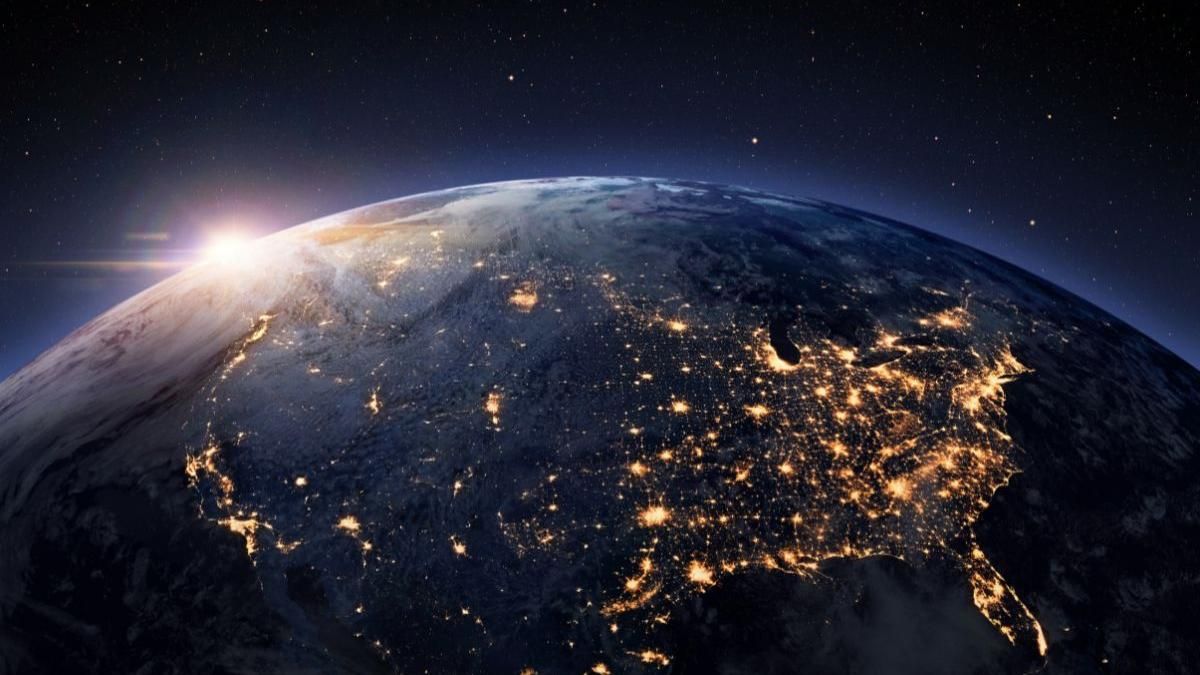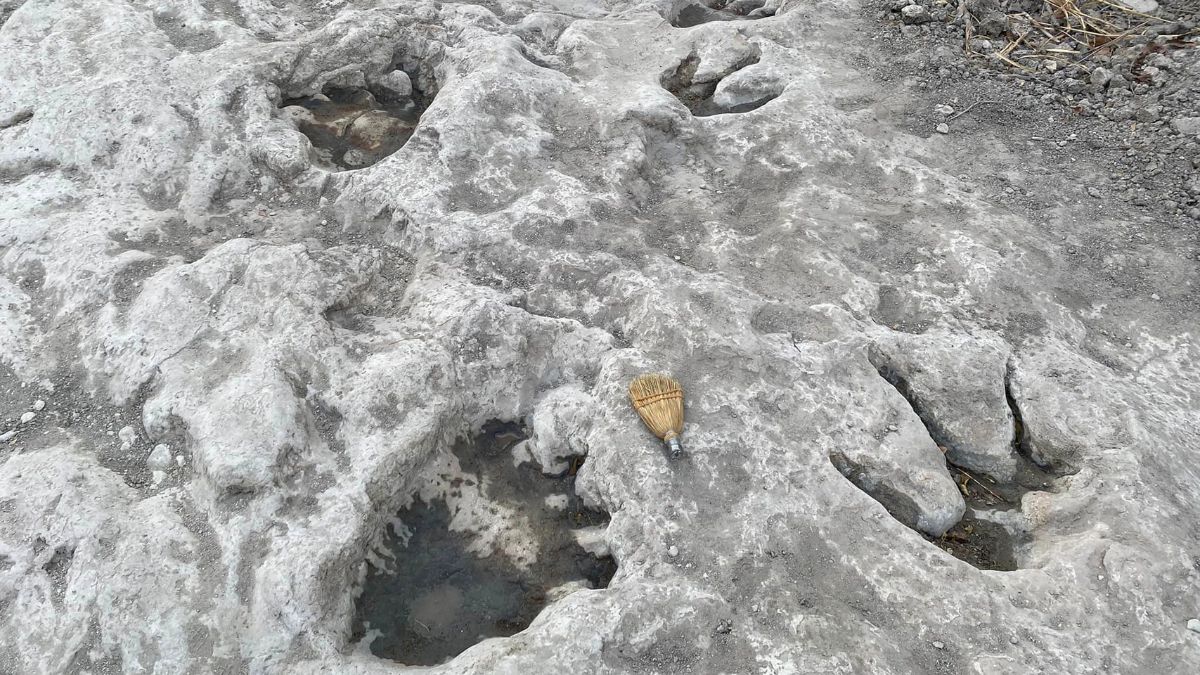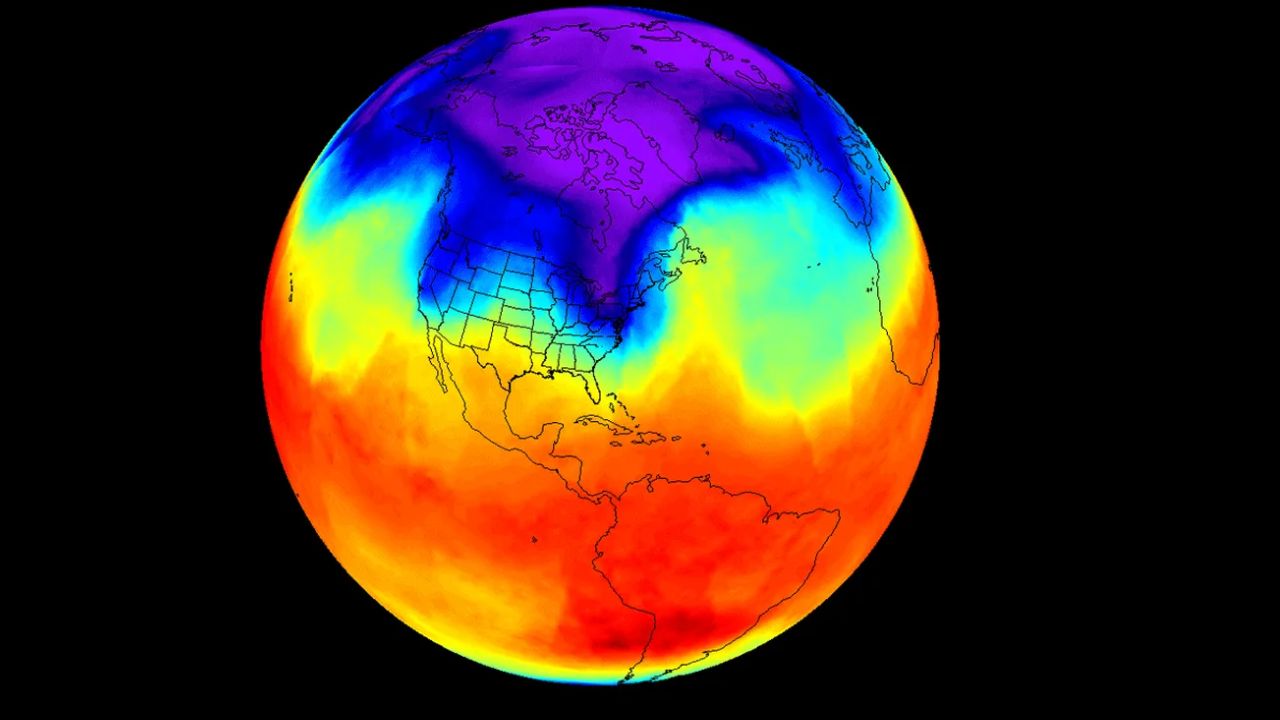So, here’s a wild fact: Earth no longer takes a full 24 hours to complete its rotation. Yep, our planet is spinning faster than before. But don’t panic—you’re not getting dizzy. The change is tiny, just a few milliseconds shorter, so it’s impossible to notice. Still, it has scientists and tech experts paying very close attention.
Why? Because the tiniest change in time can shake up systems that run everything from global servers to satellite networks. And now, we may even need to subtract a second from our clocks—for the first time in history.
Acceleration
Let’s get into it. Earth has been gradually picking up speed for decades. On July 5, 2024, it completed its rotation 1.66 milliseconds faster than usual—the shortest day on record. And this wasn’t a one-off event. More shortened days are expected, especially in summer.
These changes are far too small for you to notice, but precision timekeepers certainly did. And they’re not taking it lightly.
Reasons
Why is this happening? Well, Earth’s rotation isn’t constant—it changes due to several natural factors:
- The gravitational pull of the Moon
- Atmospheric pressure changes
- Earth’s molten core movements
- Seasonal wind patterns
- Tectonic shifts and earthquakes
During summer, atmospheric behavior shifts, which speeds up the planet ever so slightly. It’s a bit like an ice skater pulling in their arms to spin faster.
Clocks
Since 1955, scientists have used atomic clocks to keep time accurately. These clocks measure the vibrations of atoms, and they’re what our phones, GPS, and servers rely on to stay in sync.
The time measured by atomic clocks is called UTC (Coordinated Universal Time). But Earth’s natural spin doesn’t always match up. That’s why we occasionally add a “leap second” to keep everything aligned. So far, leap seconds have only been added.
But now, with Earth spinning faster, we might need to do the opposite—subtract a second. That’s called a negative leap second, and it’s never been done before.
Risk
If this sounds like no big deal, think again. Removing a second might sound simple, but in the world of tech, even that can be a nightmare. Systems like financial markets, flight navigation, and even social media networks run on highly accurate timekeeping.
A sudden change, even of one second, could throw off calculations, disrupt synchronization, or even cause data loss. It’s similar to the panic around Y2K, when the year 2000 scared the tech world into massive preparations.
Climate
Here’s the ironic part—climate change is actually slowing down the planet. The melting of ice in Greenland and Antarctica redistributes Earth’s mass, which affects the spin.
So, while natural factors are speeding up Earth’s rotation, climate change is acting like a brake. If global warming hadn’t thrown in its weight, we might already have had to deal with subtracting a second from our clocks.
Climate change is also shifting Earth’s axis. If emissions continue as they are, the long-term impact on rotation might even surpass the influence of the Moon.
Impact
Should you be worried? Not really, at least not right now. We’re not about to start spinning out of control. But these tiny shifts do matter for industries that rely on time down to the millisecond.
Scientists are keeping a close watch. Beyond a year, predictions become less reliable, so they’re urging tech companies and institutions to prepare for the possibility of a “negative second.” It may sound like science fiction, but it’s becoming more likely every year.
Tiny changes in Earth’s spin might not shake your daily routine, but in our digital world, they can have massive effects. Time, after all, waits for no one—even when the planet starts moving faster.
FAQs
Is Earth really spinning faster?
Yes, it’s rotating slightly faster, shortening days by milliseconds.
What was the shortest day ever?
July 5, 2024, which was 1.66 milliseconds shorter.
What is a negative leap second?
It’s when a second is subtracted to match Earth’s faster rotation.
Can this affect technology?
Yes, it could cause errors in time-based digital systems.
Does climate change affect Earth’s rotation?
Yes, ice melt redistributes mass, slightly slowing rotation.



















